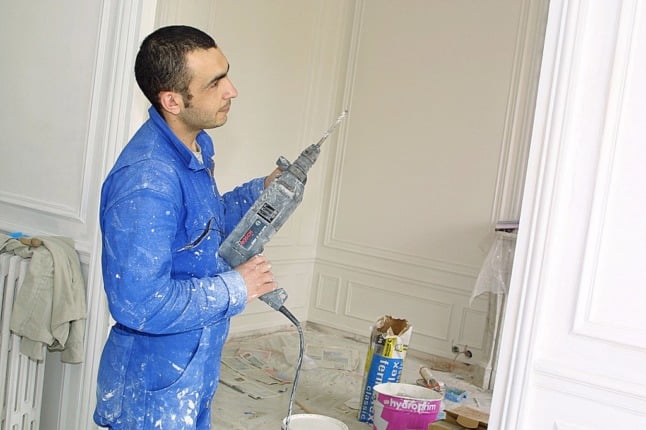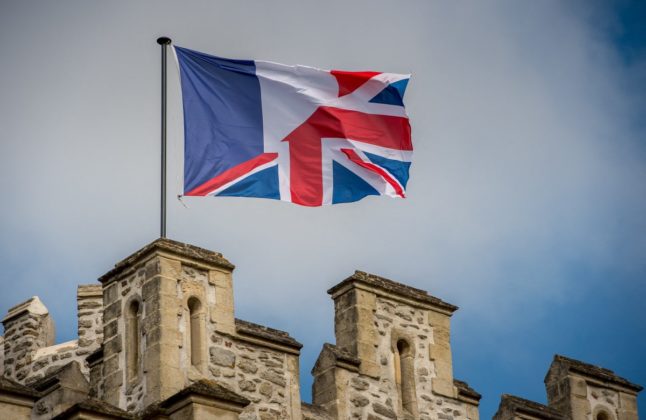In France, you need a building permit (permis de construire) or a pre-declaration of building work (Déclaration préalable de travaux) to legally construct properties or make renovations.
A permis de construire is mostly targeted at people wanting to build a new house but can also apply to an extension, large outdoor buildings such as garden sheds or installing a swimming pool. You can find a full list of reasons as to why you would need this permit here.
A déclaration préalable de travaux is mostly targeted at people looking to do works on existing houses and covers most renovation works, barn conversions, installation of solar panels, fence building, hedge growing and even requests to add a door or window. You can find a full list of reasons of why you might need to submit a declaration here.
In the past, requests for planning permission had to be made in person at the closest mairie.
But from January 1st 2022 that changes. In theory, all communes will allow for planning permission requests to be submitted electronically. This can be done either by email or via an online form.
There is, however, no central website for planning application, so you will need to check on your local town hall website to see the process in your area, and whether you apply using a website or an email. It will still be possible to go to the mairie in person or send a letter.
In practice, some communes – especially the smaller ones – will probably be a little slow on the uptake of the new electronic system, but according to the director of the new service, almost all of them will have implemented it in the first few months of 2022.
Planning authorities in communes with more than 3,500 people will also be obliged to provide you with advice, communicated electronically, to get planning permission if your initial request is denied.
We recommend that you contact your local mairie before submitting an application for planning permission, as this can make the whole process far more straightforward and most mayors are help with advice on how the process works.
The French government says the new system of online requests will speed up the planning process and make it more transparent.
“A building permit is subject to an enormous amount of regulations including environmental codes, heritage codes, health codes and construction codes. All of these factors must be considered before advice for planning permission can be given,” said Jean-Baptiste Lasne, who is in charge of the new electronic service.



 Please whitelist us to continue reading.
Please whitelist us to continue reading.
Member comments